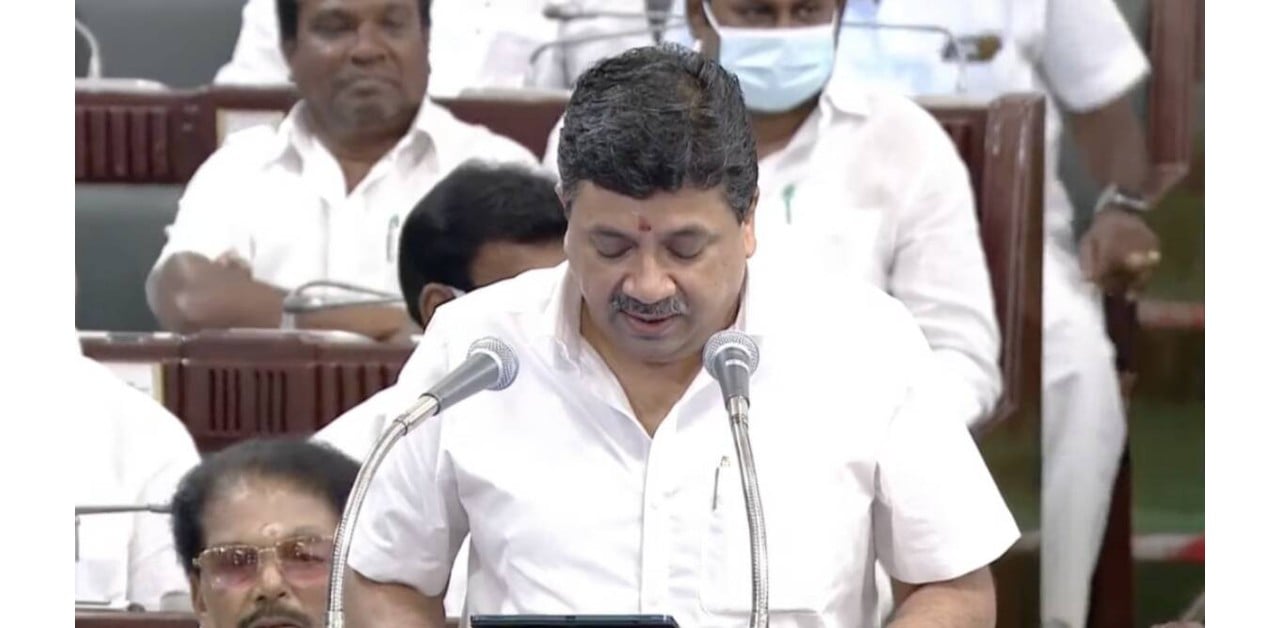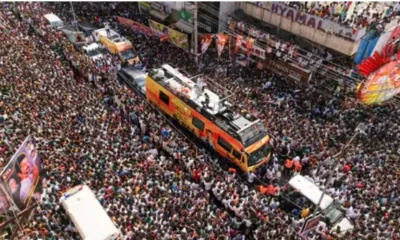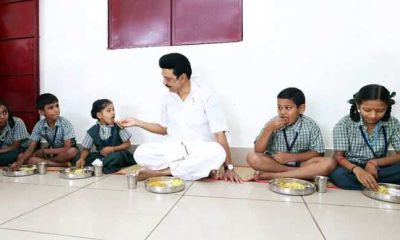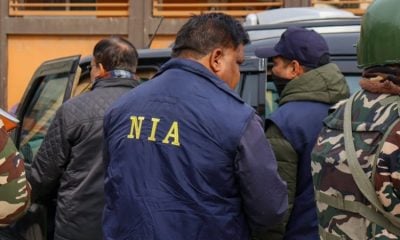Top Stories
Tamil Nadu Budget 2023-24: Free bus ride for women, Rs 1,000 monthly assistance to women, free breakfast scheme for primary students
The CM Stalin-led government said reforms led to the decline in revenue deficit from about Rs 62,000 crore to Rs 30,000 crore.

Latest world news
PM Modi and Netanyahu pledge deeper defence, trade ties during Israel visit
PM Narendra Modi and Benjamin Netanyahu pledged to deepen defence, trade and connectivity ties during Modi’s visit to Israel, with missile deals and IMEC discussions on the agenda.
India News
PM Modi crosses 100 million followers on Instagram, first world leader to achieve milestone
Prime Minister Narendra Modi has crossed 100 million followers on Instagram, becoming the first world leader to achieve the milestone and widening the gap with global counterparts.
Latest world news
Canada softens stance on alleged Indian interference ahead of PM Carney’s India visit
Canada appears to ease its earlier allegations of Indian interference as PM Mark Carney heads to India to strengthen trade and strategic ties.
-

 India News22 hours ago
India News22 hours agoMK Stalin predicts frequent PM Modi visits to Tamil Nadu before assembly election
-

 Latest world news22 hours ago
Latest world news22 hours agoIndia eyes Rs 8,000 crore mid-air refuelling aircraft deal as PM Modi begins Israel visit
-

 Latest world news7 hours ago
Latest world news7 hours agoPM Modi reaffirms support for Israel, recalls 26/11 victims in Knesset address
-

 Latest world news7 hours ago
Latest world news7 hours agoCanada softens stance on alleged Indian interference ahead of PM Carney’s India visit
-

 India News7 hours ago
India News7 hours agoPM Modi crosses 100 million followers on Instagram, first world leader to achieve milestone
-

 Latest world news7 hours ago
Latest world news7 hours agoPM Modi and Netanyahu pledge deeper defence, trade ties during Israel visit
-

 India News7 hours ago
India News7 hours agoOver 5,000 tribals join BJP in Assam’s Goalpara ahead of elections












